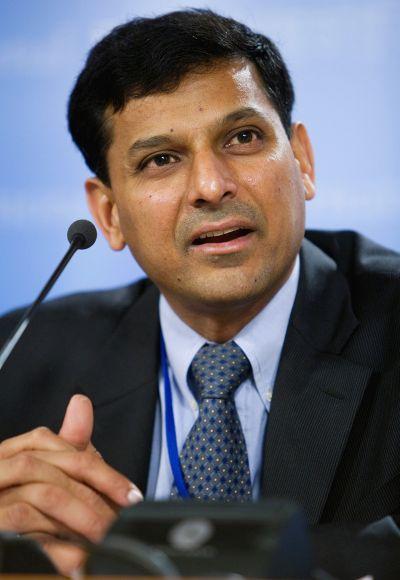
Prime Minister Manmohan Singh will meet Russian President Vladimir Putin here on Monday for robust discussions to boost the strategic relationship between the two countries.
Singh, who arrived here yesterday in the first leg of his two-nation visit, will be also conferred with an honorary doctorate by the Moscow State Institute of International Relations (MGIMO).
Singh after his arrival at Moscow yesterday said that India and Russia share a privileged, special partnership.
India and Russia are expected to sign several agreements in various fields including atomic energy, defence cooperation, space cooperation, science and technology, trade and investment.
In a statement prior to his departure on a two-nation five day official visit to Russia and China, Dr. Singh said: "I am confident that my visit will strengthen our relations with two of our most important partners and create new strategic opportunities for India's growth, prosperity and development in a stable external environment."
Dr. Singh, who will attend the 14th India-Russian Annual Summit in Russia, said the annual summit with Russia is an important feature of special and privileged strategic partnership between both the countries.
"The annual summit with Russia, which has been held since 2000, is an important feature of our special and privileged strategic partnership. The scope of our relationship with Russia is unique, encompassing strong and growing cooperation in areas such as defence, nuclear energy, science and technology, hydrocarbons, trade and investment, and people-to-people exchanges," Dr. Singh said.
"I will convey to President Putin the importance we attach to our relations with Russia, and I will use this visit to strengthen our partnership in every possible way," he added.
Dr. Singh said that India and Russia have always had a convergence of views on global and regional issues, and we value Russia's perspective on international developments of mutual interest.
"I look forward to exchanging views with President Putin on a broad range of international developments, including the conflict and turbulence in West Asia as also closer to India, particularly in Afghanistan. I will convey to President Putin our interest in deepening our consultations and coordination on international issues," he added.
He further informed that the Moscow State Institute of International Relations has decided to confer upon him an Honorary Doctorate during his visit.
"I am honoured at this gesture, which is also testimony to the relations between our two countries," he added.
Following the visit to Russia, the Prime Minister will pay an official visit to Beijing from October 22 to 24.



 New Delhi: Prime Minister Manmohan Singh on Wednesday left for
St.Petersburg to attend the eighth G20 Summit during which he is
expected to push for a coordinated plan to avoid disruption in India and
other large developing economies by imminent phasing out of fiscal
stimulus by US Federal Reserve.
New Delhi: Prime Minister Manmohan Singh on Wednesday left for
St.Petersburg to attend the eighth G20 Summit during which he is
expected to push for a coordinated plan to avoid disruption in India and
other large developing economies by imminent phasing out of fiscal
stimulus by US Federal Reserve.